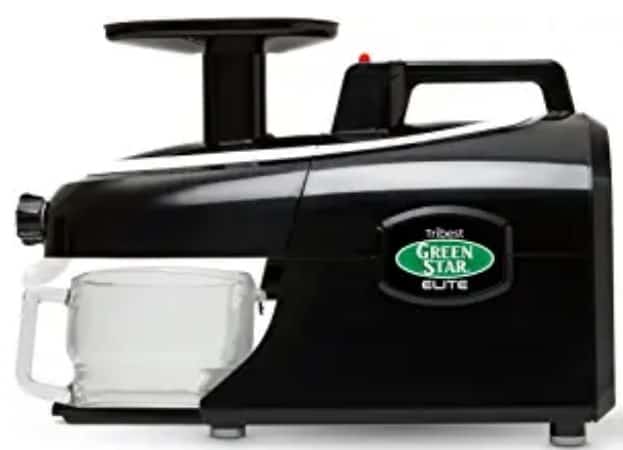Last Updated on March 11, 2024 by admin
What are the advantages and disadvantages of various juicer for celery types? View our website’s details to find your answers.
Juicing is currently one of the trendiest trends in the health sector, and chances are that you’re considering buying your juicer for celery. A great beginning step is already being a juicer. However, at this point, you undoubtedly want to know what sort of juicer is the best. There are a ton of possibilities, and each one offers different advantages. Then, which one is ideal for you?
Before purchasing a juicer, there are a few questions you should ask yourself.
- How much time can you commit to making juice?
- Will you use juicing as a quick healthy snack or as part of your daily health regimen?
- Do you require that your fruits and vegetables have the highest juice concentration and nutrients? Or does pragmatism always come first?
After seriously considering your responses to each question, continue reading to learn which juicer best suits your requirements.
The four main types of juicers are centrifugal force, masticating, twin gear juicers, and juice presses. You may read about the benefits and drawbacks of each kind of juicer by scrolling down.
Centrifugal Juicer
The most common kind of home juicers are centrifugal juicers, also referred to as fast juicers.The key selling point of these juicers is their low cost of purchasing.
So how does this juicer for celery operate?
Fruits and vegetables are fed through a tube close to a blade, which shreds them at 6,000–14,000 revolutions per minute (RPM). The juice is forced through a sharp screen by the rotating basket’s centrifugal force and into a jug or glass. Juice from a centrifugal juicer tends to separate easily and can contain up to 30% solids, such as skins, seeds, and stems.
Pros
- They are the quickest in extracting juice from fruits and vegetables, especially if the tube is large enough to fit whole little apples, cucumbers, and oranges.
- Since they are upright, they only take up a little space on your kitchen counter.
- Due to their low cost of production, they are frequently the most economical juicers.
Cons
- More oxidation takes place, hastening the separation of the fresh juice by creating a foam to build on top of it.
- They are often rather loud.
- Leafy greens like wheatgrass are difficult for them.
- The juice won’t stay fresh for very long and will quickly separate.
Masticating Juicer
Masticating juicers are also referred to as slow juicers. At 80 to 100 RPM, they use a slow auger to drive produce against and through a pointed screen. The juice has a pulpy, frothy texture and a disagreeable taste. It also has a thick, chunky feeling. Many manufacturers advertise their masticating juicer as “cold-pressed,” but they don’t have a press within. The individual who wants to maximize the nutrients in their juices and is prepared to put in a little extra time to achieve so is the perfect candidate for this juicer for celery.
Pros
- They produce more juice than centrifugal.
- Can greens like spinach, kale, and wheatgrass be juiced?
- oxidation is lower than centrifugal
- Juices typically have a longer lifespan than centrifugation
- They can serve as grain mills, enabling you to create nut butter or baby food.
Cons
- The chute is smaller. Thus more planning is required.
- The price is higher than centrifugal.
- They could be challenging to clean.
- They are sluggish because it takes them longer to extract the juice.
Twin Gear Juicer
Dual-gear juicers use two rotating gears to suck produce and chew it up. To remove the juice, the augers force the product through a screen that gets smaller and smaller. If undesirable components like skins, seeds, and stems are permitted to flow through, the juice may contain up to 30% solids.
Pros
- They can produce pasta, baby food, nut butter, sorbets, and centrifugal or slow juicers, which extract more nutrients.
- They are silent.
Cons
- They move slowly
- In comparison to a centrifugal juicer, they require more counter space.
- Compared to single-gear machines, they require more cleaning.
Verdict
The best choice is to purchase a celery juicer that works well. But you need to learn more about juicers to have it. Look over our information, move on to the advantages and disadvantages, and then determine whether or not you want to purchase the juicer. Choose whether a power xl juicer or a masticating is better for you.

